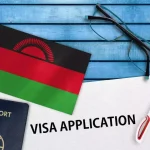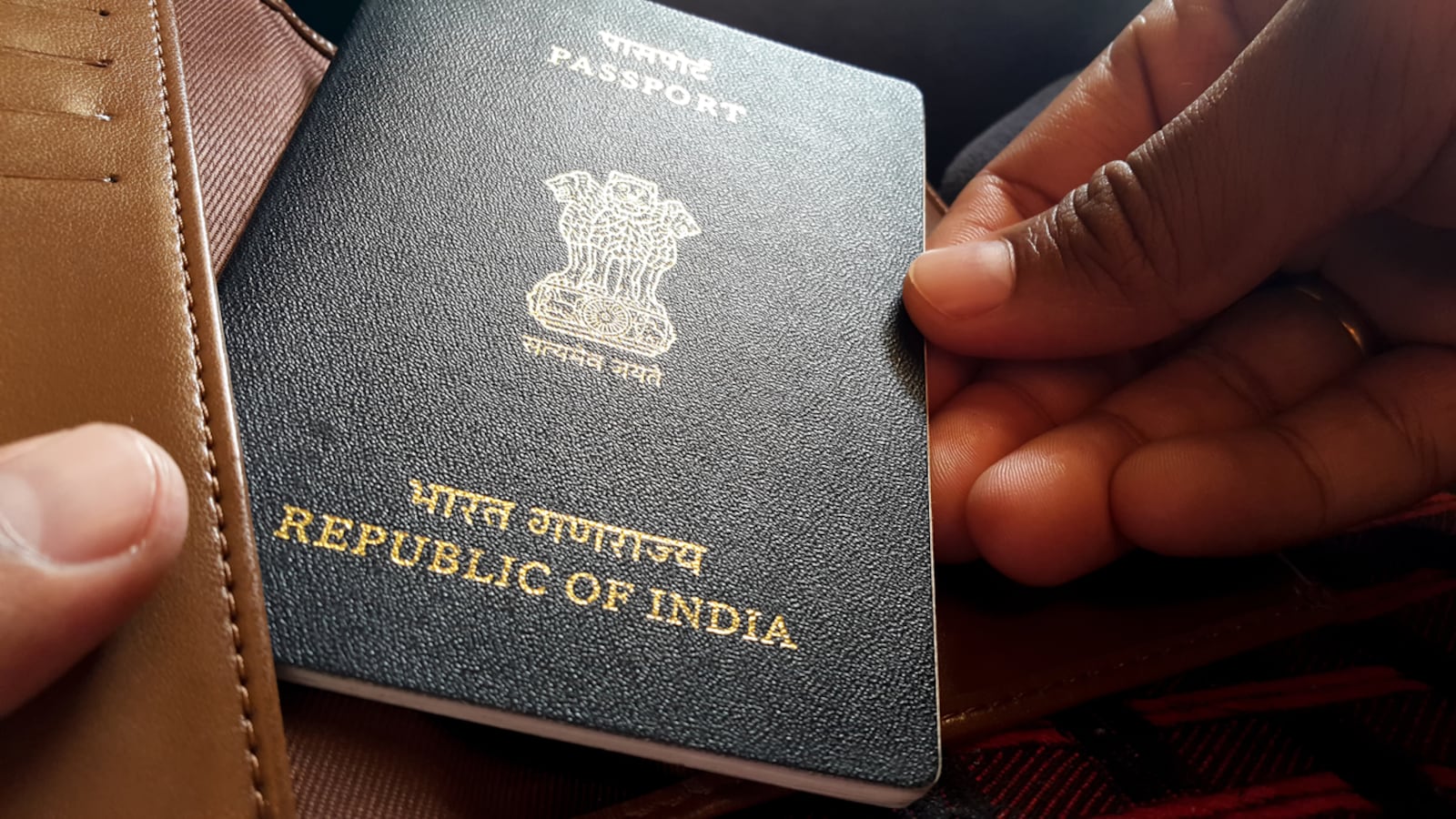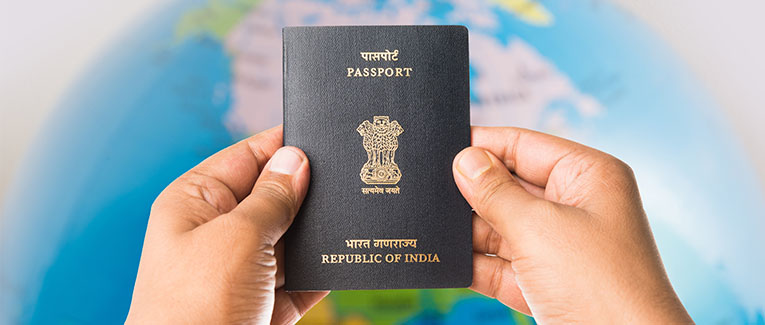Are you planning a trip to Canada and need to obtain a visitor visa? Navigating the process can be daunting, but fear not! By following some key tips and guidelines, you can successfully obtain your visa and enjoy all that this beautiful country has to offer. In this blog post, we’ll guide you through the steps of obtaining a visitor visa for Canada so that you can start planning your dream vacation with ease. So let’s dive in! Visitor Visa for Canada
What is a visitor visa?
A visitor visa is a type of visa that allows foreigners to come to Canada for a specific purpose, such as tourism or business. To obtain a visitor visa, you must first apply to the Canadian government. You will need to provide information about your planned trip, as well as evidence that you have funds available to cover your stay in Canada. Once the Canadian government approves your application, you will be issued a visa. Generally, visitors who are coming to Canada for less than six months do not need a visa. Visitors who are coming to Canada for longer periods of time may need a visa if they are not citizens of one of the countries that is allowed to visa-exempt visitors by Canada.
How to apply for a visitor visa?
If you are planning a visit to Canada and you do not hold a valid visa, you will need to apply for a visitor visa. The application process is relatively straightforward, but it can be time-consuming and require some documentation. Urgent Visa for Canada
The first step is to gather your documents. You will need:
-A passport that has at least six months remaining on the validity date
-A travel document that proves your identification
-Two recent passport photos, size 2″ x 2″ or 3″ x 3″
-Application form DS-160 (available from most Canadian embassies and consulates)
-Evidence of sufficient funds to cover your stay in Canada (see below for more information)
-Proof of health insurance coverage for the duration of your visit (see below for more information)
-Your flight itinerary, including the primary destination and any connecting flights
If you are applying from outside of Canada, you will also need:
-A copy of your passport photo page(s)
-Evidence of financial support for yourself (e.g., airline ticket, hotel reservations, rental car reservation)
Once you have gathered your documents, you will need to fill out the application form DS-160. You will need to provide your name, date of birth, nationality, passport number and expiry date. Next, make sure to list all the countries you have visited in the past six months (including brief descriptions
What are the requirements for a visitor visa in Canada?
To visit Canada as a tourist, you will need a valid passport and a visa.
There are three types of visas available to visitors to Canada: Temporary Resident Visas (TRV), which allow visitors up to six months in Canada; Visit Visa, which allow visitors for up to six months; and Business Visas, which allow visitors for up to one year.
The most common type of visa is the TRV, which can be obtained from any Canadian embassy or consulate abroad. The cost of a TRV varies based on the country from where you are applying, but is typically around $100 USD.
Visitors who hold a valid passport from an EU country or Switzerland do not need a visa for stays of up to 90 days in any 6-month period.
Visitors who hold a valid passport from Argentina, Australia, Brazil, Chile, Israel, Japan, New Zealand, Peru or Uruguay do not need a visa for stays of up to 6 months in any 12-month period.
The application process for a TRV is fairly straightforward and requires only some documentation such as your passport photo and your travel documents. Once you have submitted your application and received your TRV letter in the mail, you are ready to visit Canada!
What to do if you are denied a visitor visa?
If you are denied a visa to enter Canada, there are several things you can do to try and improve your chances of being granted a visa in the future.
First, contact the Canadian Embassy or Consulate in your home country to discuss your case and see if they can provide any additional information or help.
Next, consider applying for a Canadian resident visa. This may be an option if you are able to prove that you will spend only a short period of time in Canada and will not overstay your visa.
Finally, make sure that you have all of the required documents ready before visiting the Canadian Embassy or Consulate. These documents might include copies of your passport, travel itinerary, proof of financial support, and more.





























